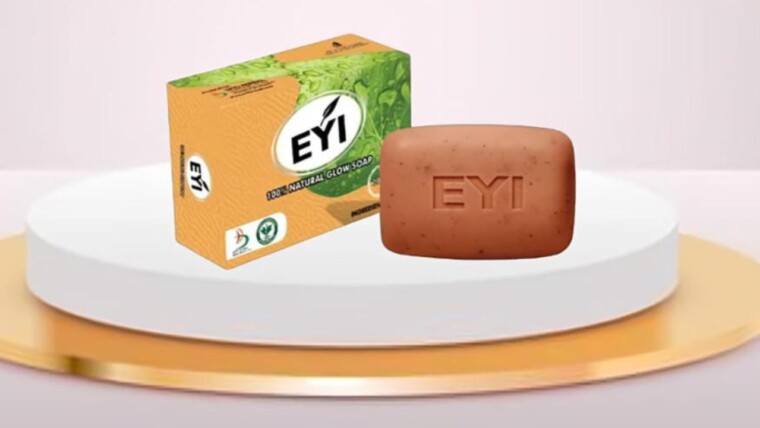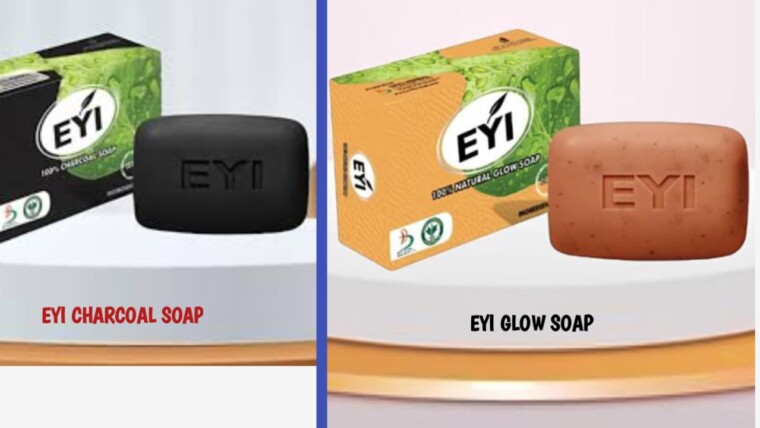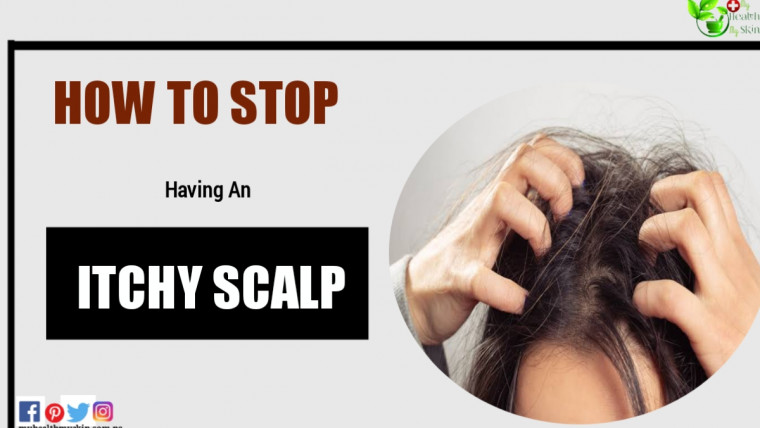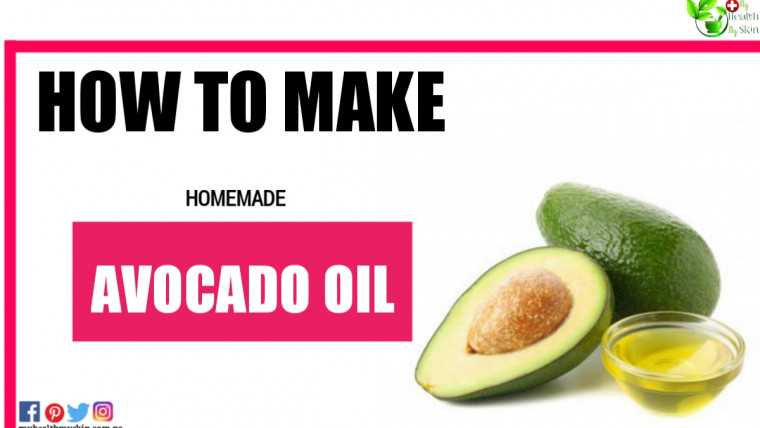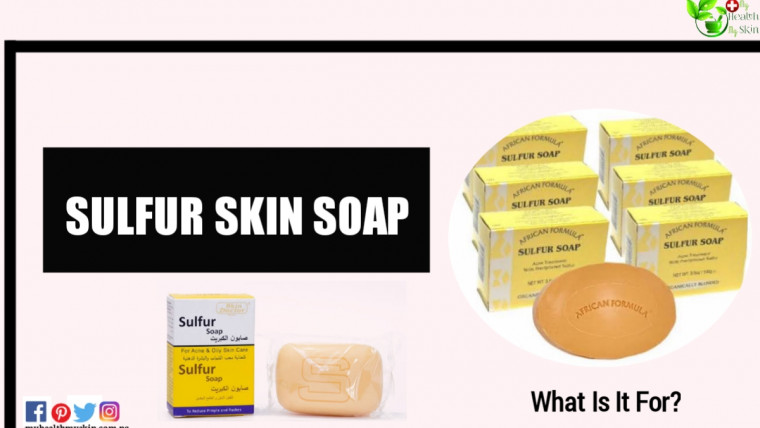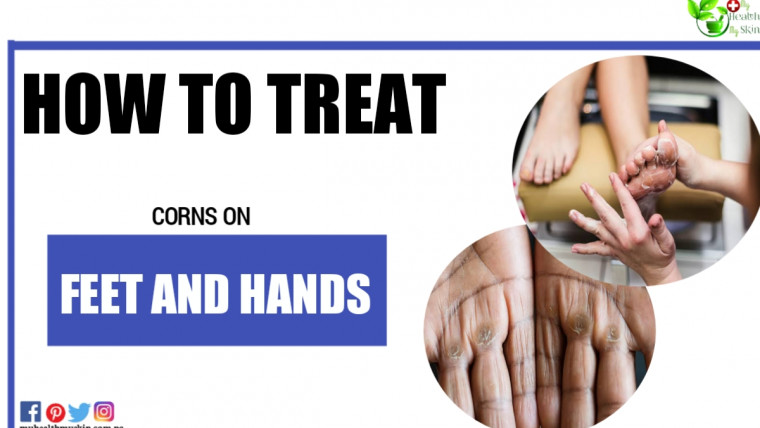Head sores can arise for a variety of reasons, such as infections, injuries or allergic reactions. So, before thinking about a treatment, it is necessary to determine the cause of the problem.
After a fall or blow to the head, it is easier to identify the cause of the wound. But there are many cases where the cause of a scalp sore is not so obvious.
They can often be the result of skin infections such as contact dermatitis and scalp ringworm, which cause sores, red patches or scabs on the head that are uncomfortable and itchy.
[lwptoc]
Causes Of Head Sores
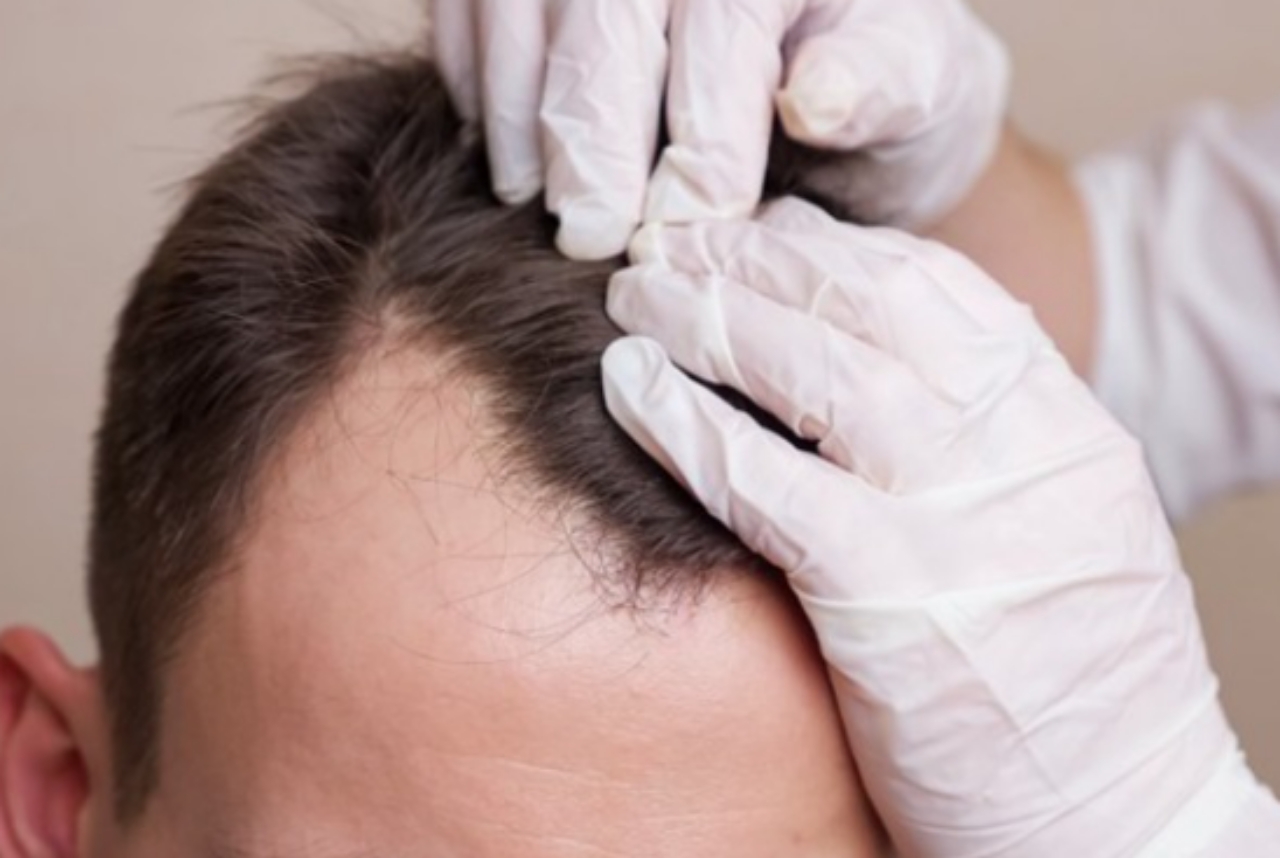
Although this type of sore will most often get better on its own, it is important to see a dermatologist and treat the condition, especially when you notice that it is causing a lot of pain, spreading, or showing signs of infection.
Acne
Some people have acne not only on the body, but also on the scalp. This happens because the hair follicles are clogged with bacteria, dead cells or due to the skin’s own natural oil.
Trying to pop or poke the pimple ends up causing small head injuries that worsen the condition and can lead to more pimples.
How to Treat Acne
At first, the treatment of acne on the scalp is done with regular washing of the hair and the use of shampoos that help reduce oiliness. But in some cases, it may be necessary to take antibiotics prescribed by a doctor.
Seborrheic Dermatitis (Dandruff)
Seborrheic dermatitis is better known as dandruff and can be the result of excessive oil, allergy, stress, or medication use. The presence of dandruff on the scalp can cause crusts on the head that can become sores, as well as inflammation, redness, itching and scaling.
How to Treat Dandruff
In most cases, seborrheic dermatitis is treated with homemade solutions, such as the use of anti-dandruff shampoos. Also, some people use mineral oil or olive oil on their scalp to soften and reduce scabs.
Ringworm (Tinea capitis)
Ringworm is a disease caused by fungi that, when it affects the scalp, can cause scaling, spots, redness, crusting and localized hair loss.
How to Treat Ringworm
The treatment of ringworm is done with specific shampoos that help to eliminate fungi, or with antifungal remedies for oral use. In both cases, you need to follow the treatment for several weeks, as determined by the dermatologist.
Folliculitis
This is an inflammation of the hair roots that is more common in men who shave their hair. It can cause pimples (with or without pus) and crusted sores. The folliculitis causes pain, burning, itching and sometimes hair loss.
How to Treat Folliculitis
The ideal is to stop shaving your hair until the folliculitis improves. When the wound becomes infected, you may need to treat the condition with antibiotics.
Lice
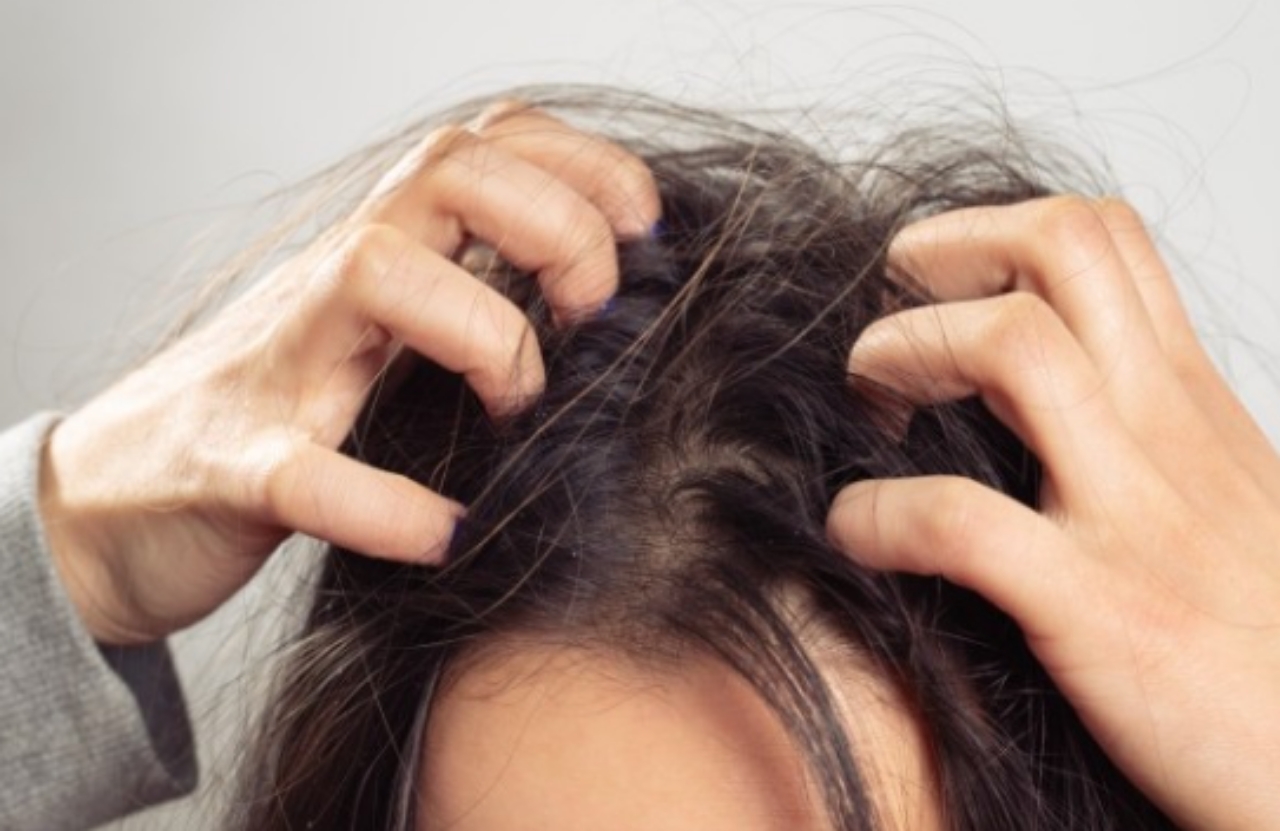
Lice is a parasite that feeds on the blood present in the scalp and that multiplies quickly. The most common feature of this infestation is intense itching and inflammation of the scalp, which can cause sores.
How to Treat Head Lice
In addition to reproducing quickly, lice are contagious. Therefore, prompt treatment is very important.
There are shampoos with pyrethrin and permethrin that help eliminate head lice. But there are also other lice remedy options that your doctor may suggest. It is also important to avoid scratching your head as this can cause further injury and delay recovery.
Psoriasis
This is a chronic inflammatory and autoimmune disease that can affect the skin all over the body. On the scalp, psoriasis can cause itchiness, excessive desquamation, and thick, usually whitish or grayish plaques on the head, which are very uncomfortable.
How to Treat Psoriasis
Treatment of psoriasis may include the use of corticosteroids and light therapy , but this will depend on the severity of the disease. There are some shampoos prescribed by dermatologists that can help reduce itchiness and reduce the formation of plaque on the scalp.
Contact Dermatitis
Contact dermatitis occurs when an irritant or allergen comes in contact with the skin or scalp. Therefore, hair care products including shampoos, creams, dyes and chemicals used in progressive brushes can cause an allergic reaction in some people.
Symptoms usually seen are burning, redness, itching, scaling and sores on the scalp.
How to Treat Contact Dermatitis
It is possible to alleviate the symptoms of contact dermatitis with some simple solutions, such as using cold compresses and applying a moisturizing cream to the area, which will help with the itching, pain and flaking.
When necessary, the dermatologist can recommend medications such as antihistamines or corticosteroids to reduce allergy and inflammation.
Furthermore, it is essential to avoid contact with products that cause any kind of discomfort.
Other Causes
Many other conditions can favor the appearance of head sores. Therefore, it is necessary for a dermatologist to evaluate your scalp to find the true cause of the problem. Namely, a scalp wound can also be the result of:
- Lupus-related injuries;
- Cuts or scratches;
- Impetigo;
- Epidermal cyst;
- Dermatitis herpetiformis;
- Tosser;
- Pillar lichen planus.
General Tips

Home remedies that can help include Aloe vera gel and tea tree oil, as both seem to help reduce itching and heal.
Washing your hair and scalp well is essential to keep the area clean and remove scabs. Ideally, wash every day or every other day to prevent infections.
Other Helpful Tips Include:
- Avoid wearing hats with wet hair, as humidity favors the growth of bacteria and fungi;
- Do not use products that make your hair too greasy or too dry;
- Use shampoos with anti-inflammatory properties that can help with healing;
- Avoid pinning your hair when it’s still wet;
- Do not scratch or poke the wound as this can make the problem worse or cause an infection.
In the case of medicated shampoos, follow the guidelines in the package insert or prescribed by your dermatologist to ensure the effectiveness of the treatments. To see more post on Beauty & Skin Care click here.
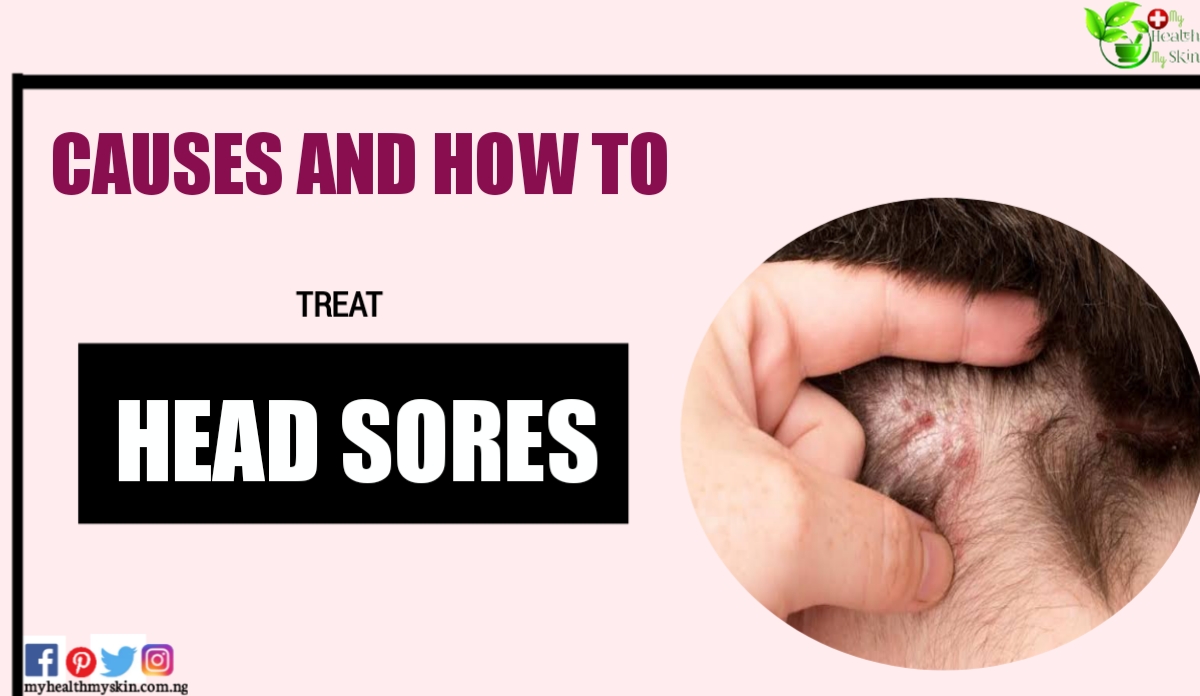
Have You Ever Had A Head Sores? Did You Find The Cause? Comment Below!

